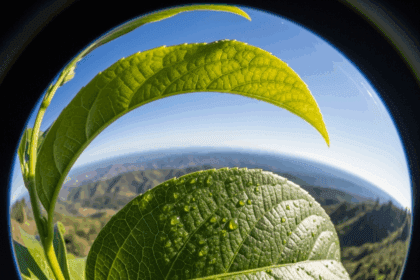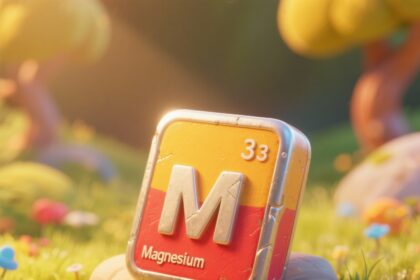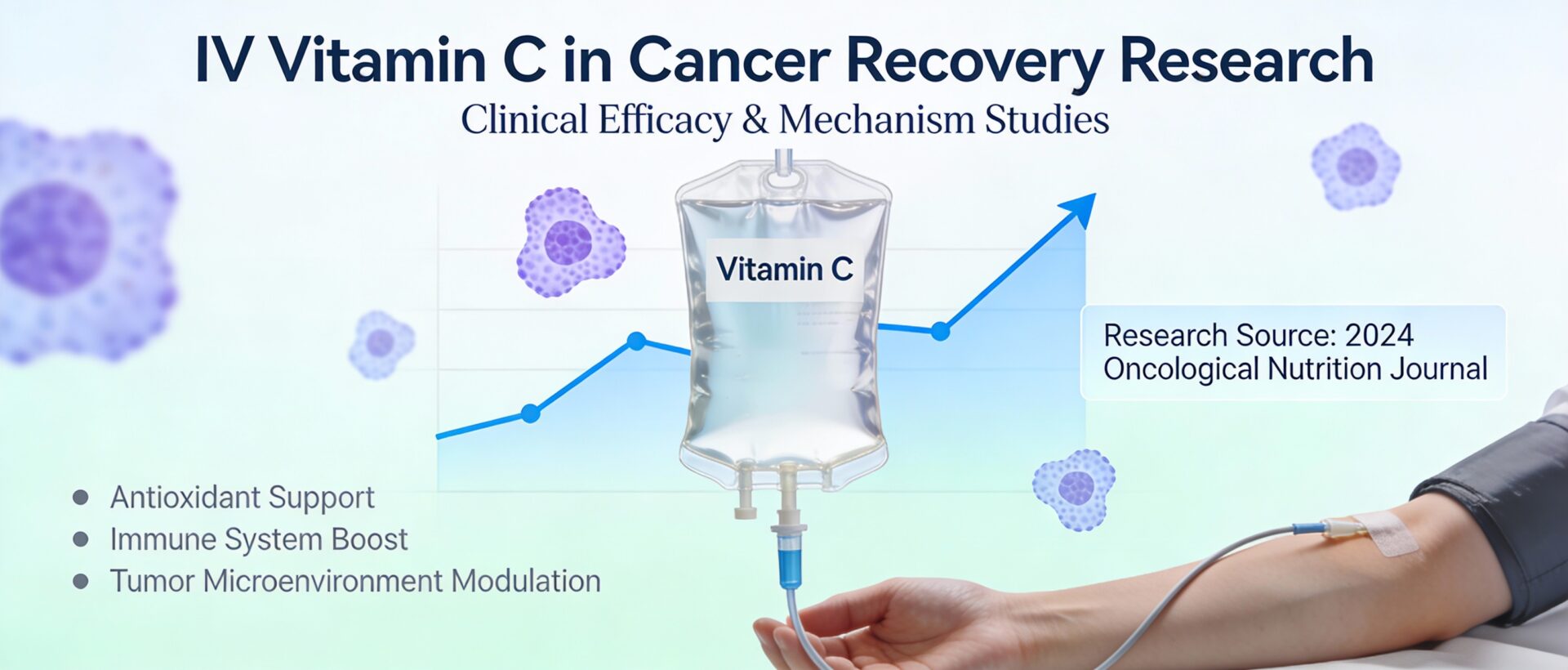[vc_row][vc_column][vc_column_text]
Since before recorded history, humans have used plants for food, medicines, shelter, clothing and dyes. Herbalism, the use of plants for medicinal purposes, has been common to all peoples of the world. Our understanding of Herbalism has been passed down by word of month from generation to generation. Herbalism is the oldest and most tested form of medicine in the world.
By Joe Palumbo IFBB Professional Bodybuilder
In its native country, Japanese knotweed has been used for centuries as an herbal supplement. It presents a pleasing appearance: heart-shaped leaves, bamboo stems and pretty, little white-flower tassels. What is less obvious is this plant’s relentless killer instinct. Look through the horticultural literature, and you will see it described as “thuggish,” “ferocious,” “invasive” and an “indestructible scourge. Its root system is so invasive and strong that it can damage building foundations, flood defenses, roads and so on. Despite its bad reputation, Japanese knotweed is a great source of food, medicine, and one of the favorite wild edibles in the early spring. Not only is it edible; it is good for you. Japanese knotweed is an excellent source of Vitamins A and C and contains potassium, zinc, phosphorus and manganese. It has been used for centuries in its native country for treating many ailments.
The plant is so highly praised because of its high content of one specific chemical: resveratrol. This substance has gained notoriety in the nutritional industry in recent years. It appears to have many health benefits. It has most often been associated with red wine. However, drinking alcohol to excess can be detrimental to your health. The same benefits from the resveratrol in grapes and red wine can be enjoyed via supplements that use Japanese knotweed extract.
Early research on resveratrol’s effect on the heart primarily focused on the reduction of fat. There have also been encouraging results regarding resveratrol’s ability to modulate blood pressure. By reducing stress and strain on the heart, the resulting lower blood pressure can significantly lower the risk of heart attacks and strokes. Resveratrol acts by keeping arteries and blood vessels dilated and preventing blood clots. Resveratrol also affects glucose regulation. It improves insulin resistance and helps with diabetes type 2. There have been some recent studies showing a connection between resveratrol and cancer prevention. Since Japanese Knotweed also contains both emodin and chrysophanol, it is regarded as a super-charged cancer fighter. Hey, Guys… Testosterone Boost! That right! According to a Korean study conducted on mice, resveratrol may also be an option. The study concluded that blood testosterone concentration was improved by more than 50% following a 28-day period of resveratrol consumption. Most people who purchase resveratrol supplements (often known as the “red wine pill”) are actually consuming Japanese knotweed extract rather than a grape extract. This makes perfect sense, because Japanese knotweed extract is a more concentrated and consistent source of resveratrol than grape extracts.
So, with all these possible health benefits, should we go out and eat all of it we can? Well, No. As with many supplements, moderation is often the key, and more is not necessarily better. After all, not all parts of the plant are edible. Disclaimer: Eating certain wild plants can be dangerous, if not deadly! The best and safest way to consume Japanese knotweed is through reliable supplements.
Be Safe, Train Hard
[/vc_column_text][/vc_column][/vc_row]







































